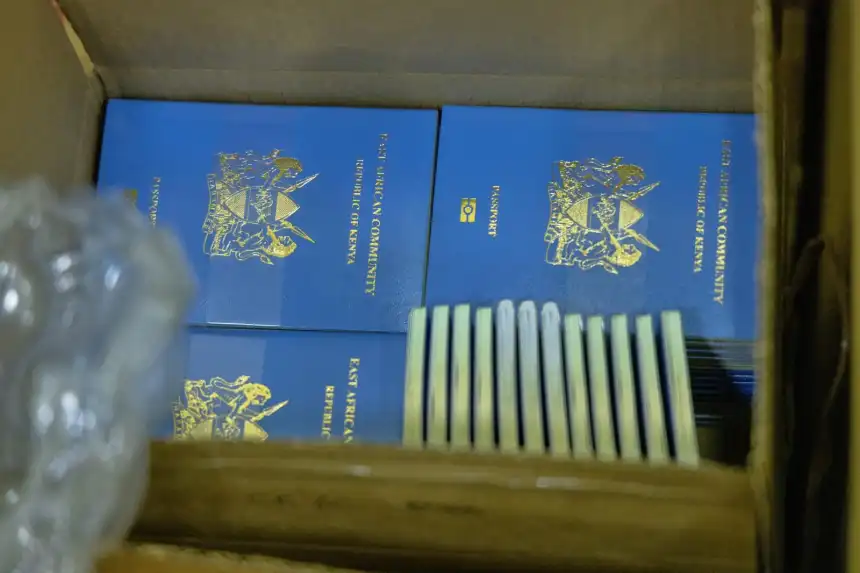The State Department for Immigration and Citizen Services has announced significant strides in improving service delivery, revealing that over 514,000 passports have been issued in the past three years.
The update was presented following the 12th meeting of the Governance and Public Administration (GPA) Subcommittee of the National Development Implementation Committee, held at the Kenyatta International Convention Centre (KICC). The session was chaired by Internal Security Principal Secretary Raymond Omollo, who underscored the reforms as a testament to the administration’s commitment to efficiency and accountability.
Among the key achievements highlighted was a sharp reduction in the backlog of uncollected passports. In just three months, pending collections dropped from 90,000 to 56,000, a move officials say reflects the impact of streamlined processes and improved coordination in the issuance of travel documents.
Beyond passports, the government has accelerated digitization efforts across public services. More than 22,000 services have now been integrated into the e-Citizen platform, offering Kenyans a centralized digital gateway for accessing government services. Additionally, 48 state agencies have been connected to the Maisha Integrated Database, an initiative aimed at enhancing efficiency and reducing duplication in service provision.
PS Omollo described the meeting as an important moment of self-assessment, adding that such forums provide space for reflection and reaffirmation of the administration’s delivery targets. He emphasized that digitization and institutional reforms are central to transforming citizen experiences, particularly by reducing bureaucratic hurdles and enhancing transparency.
The GPA Subcommittee further noted that ongoing reforms align with the wider government agenda to modernize public service and bridge gaps in service delivery, especially for citizens in remote areas and those living abroad.
Officials stressed that digitization will continue to be a driving force in ensuring easier access to essential services, improved accountability, and greater public trust.
With these milestones, the Department projects that continued reforms will not only reduce waiting times but also strengthen Kenya’s global competitiveness by ensuring efficient and reliable service delivery to its citizens.

